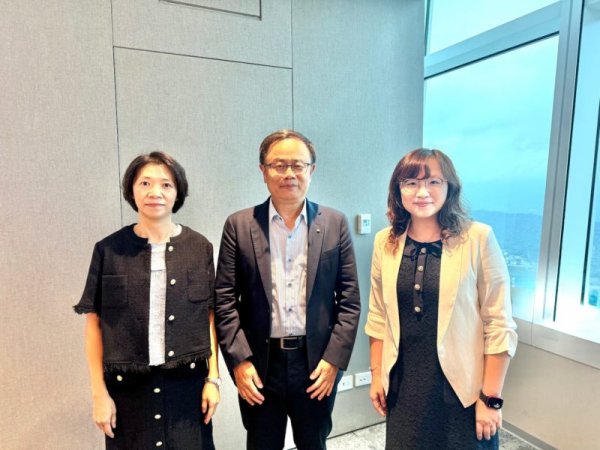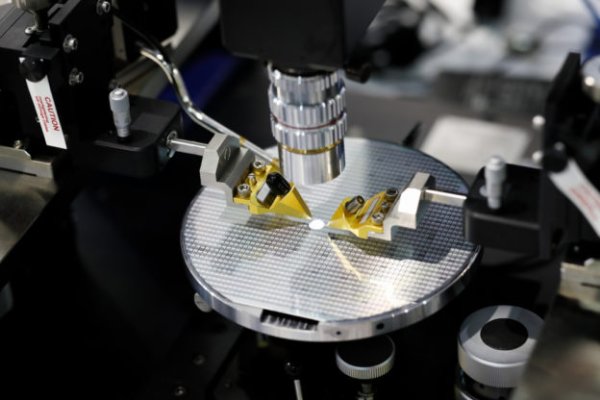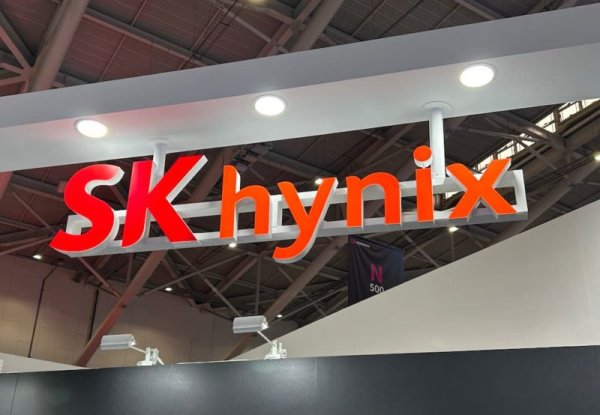Japan s subsidy regulations have been significantly tightened. Semiconductor factories must meet information security regulations to receive money.

The Ministry of Economy, Trade and Industry (METI) of Japan will list "prevention of cyber attacks" as a necessary condition for applying for semiconductor subsidies starting from 2026, officially upgrading the original recommended measures to mandatory specifications.
According to the Nikkei report, the new guidelines require chip manufacturers, equipment and material suppliers to comprehensively strengthen information security, including restricting factory access, managing portable devices, encrypting equipment information, and segmenting production lines to avoid a complete shutdown caused by the virus. Companies must also have the ability to recover quickly to avoid a repeat of TSMC's three-day shutdown due to the virus in 2018, which resulted in a loss of approximately 19 billion yen.
FBI statistics show that there were approximately 4,900 attacks on critical manufacturing and energy facilities in 2024, and manufacturing is the industry with the most ransomware attacks. International chip manufacturers such as NVIDIA and Samsung have also suffered intrusions, making the Japanese government pay more attention to the information security vulnerability of semiconductor production lines.
The new regulations not only affect local Japanese companies, but also affect Taiwan's semiconductor companies that are planning to go to Japan. In the future, they must follow Japan's more stringent information security standards for internal control.
In the 2024 industrial policy, the Japanese government plans to invest more than 10 trillion yen to support the semiconductor industry, assist domestic and foreign companies in expanding production, and promote the research and development of AI chips and advanced processes. As information security conditions are included in the subsidy review, Japan's semiconductor policy has further shifted from "expanding investment" to "ensuring production capacity security", which has become a key factor that Taiwanese and global companies must prioritize when evaluating the establishment of factories in Japan.
Japan chip plants to face cybersecurity mandate as condition for subsidies



